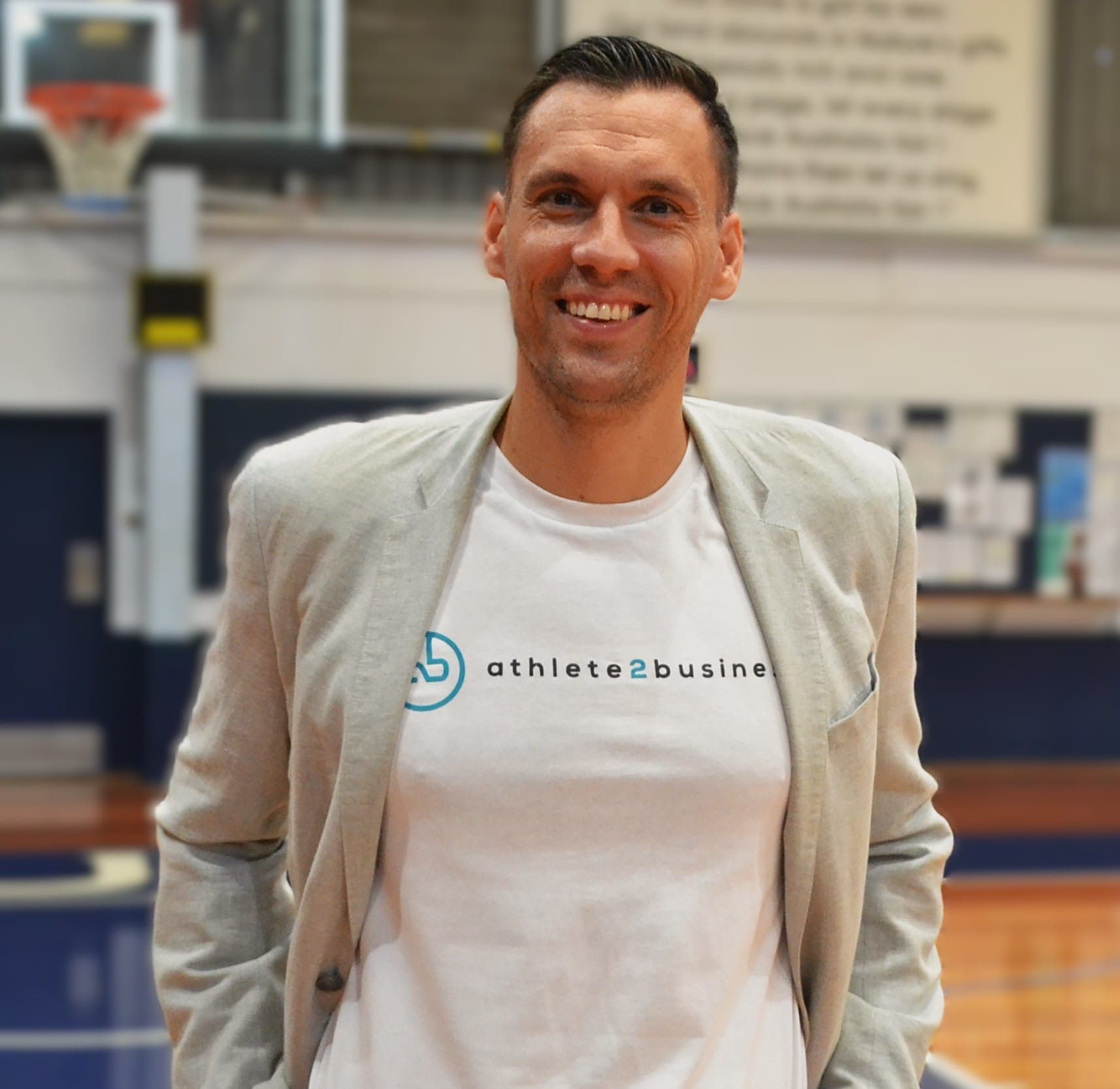How is sales & recruitment going to benefit career in long term?
How is sales & recruitment going to benefit your career long term?

Athletes possess several valuable qualities that can be transferred into sales and recruitment. These skills include leadership, communication, teamwork, discipline, and goal-setting and are explained in detail in our last blog, From the Field to the Office: Athletes working in sales and recruitment. If you’re asking yourself “okay cool, but how is this going to benefit me in the long term?” We’re so glad you asked, buckle in.
Develop your Personal Skills
Sales and recruitment provide a fertile ground for personal development, affording you daily opportunities to refine your interpersonal skills, which are pivotal to any career path. Through effective communication and exposure to understanding human behaviour, you will enhance your ability to connect with others, build trust and forge lasting partnerships. As an athlete, you are likely well-equipped to handle pressure in high-stakes situations. Yet, in the realm of sales and recruitment, you can transfer this self-confidence and resilience to a business setting, unlocking new levels of achievement and growth that are priceless.
Career Growth
Athletes have a proven track record of success in the business world, with 95% of Fortune 500 CEOs being former athletes themselves. This speaks to the transformative power of athletics, where the pursuit of excellence and the development of key traits like perseverance, teamwork, and leadership can translate into incredible success in the business world. As you continue to hone your skills and gain confidence in transferring your abilities, you’ll find yourself presented with exciting opportunities to take on new challenges, expand your responsibilities, and make an even greater impact in your chosen field. With each step forward, you’ll be building a foundation of achievement and excellence that can propel you towards the top of your profession.
Networking 👏 is 👏 Everything 👏
Networking has become an indispensable aspect of professional success in today’s world, and in sales and recruitment, it plays a particularly vital role. As you engage with people on a daily basis, you are building relationships and expanding your connections. Even if you are not considering a career move right now, these relationships and connections can serve as valuable assets down the line. You never know when an opportunity will present itself or when a chance encounter will lead to a breakthrough moment in your career. Every conversation, every interaction and every relationship is a seed planted in the soil of your professional network. And while you may not see immediate results, the exciting truth is that these seeds will inevitably flower, bearing fruit in unexpected and sometimes life-changing ways. By focusing on developing your network and investing in your relationships, you are sowing the seeds of your own success and laying the foundation for a fulfilling and rewarding career.
Athletes wondering how sales and recruitment will benefit their career long term are wise to consider the potential advantages of developing their personal skills, laying down the foundation for career growth, and networking. These three factors can play a significant role in helping athletes achieve success and longevity in their careers and some of the key reasons why sales and recruitment can kick start your career, no matter what your goals.
Want a visual explanation? Watch and listen here:





